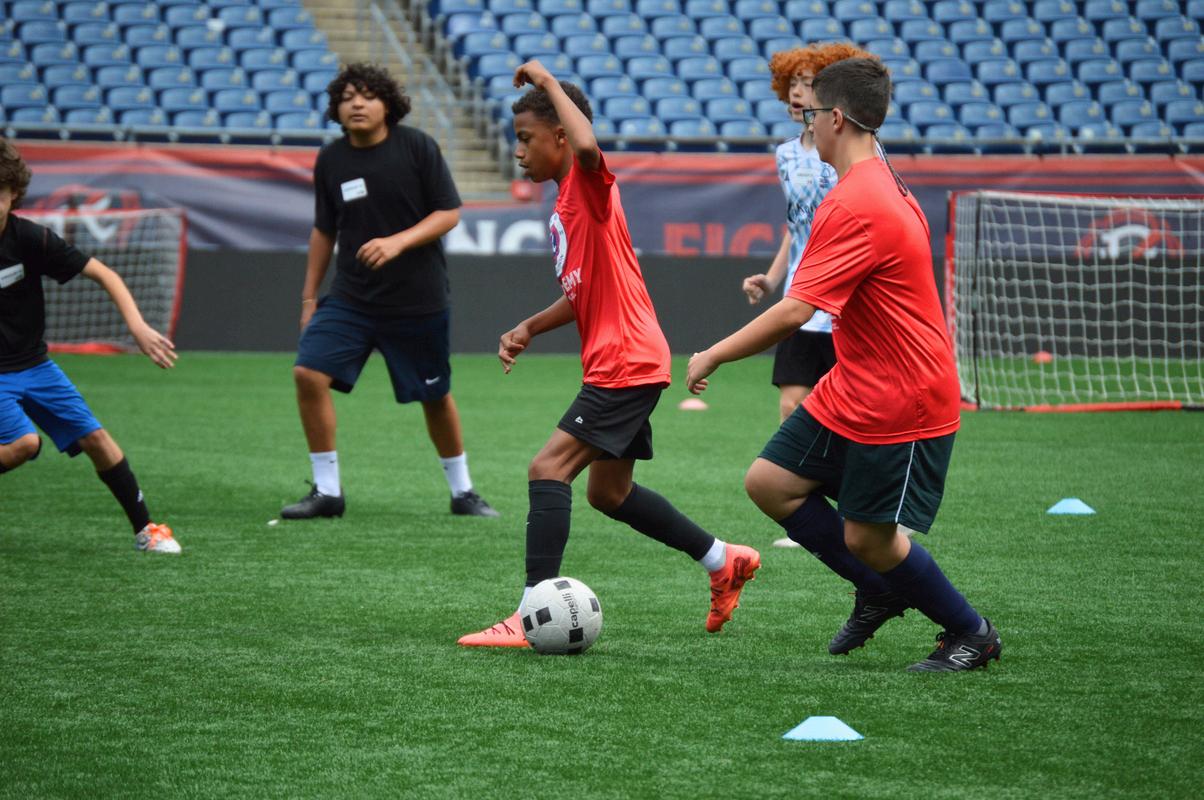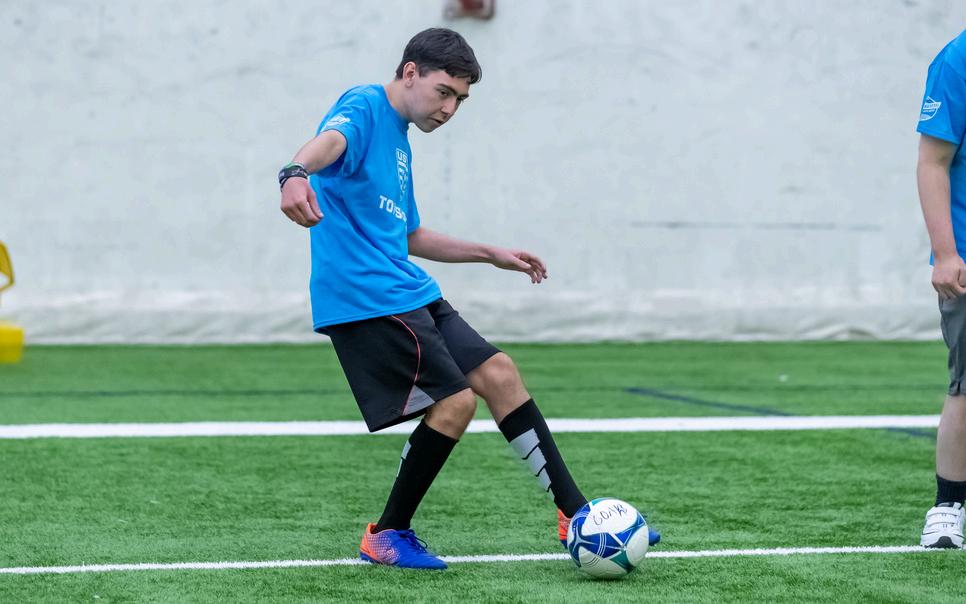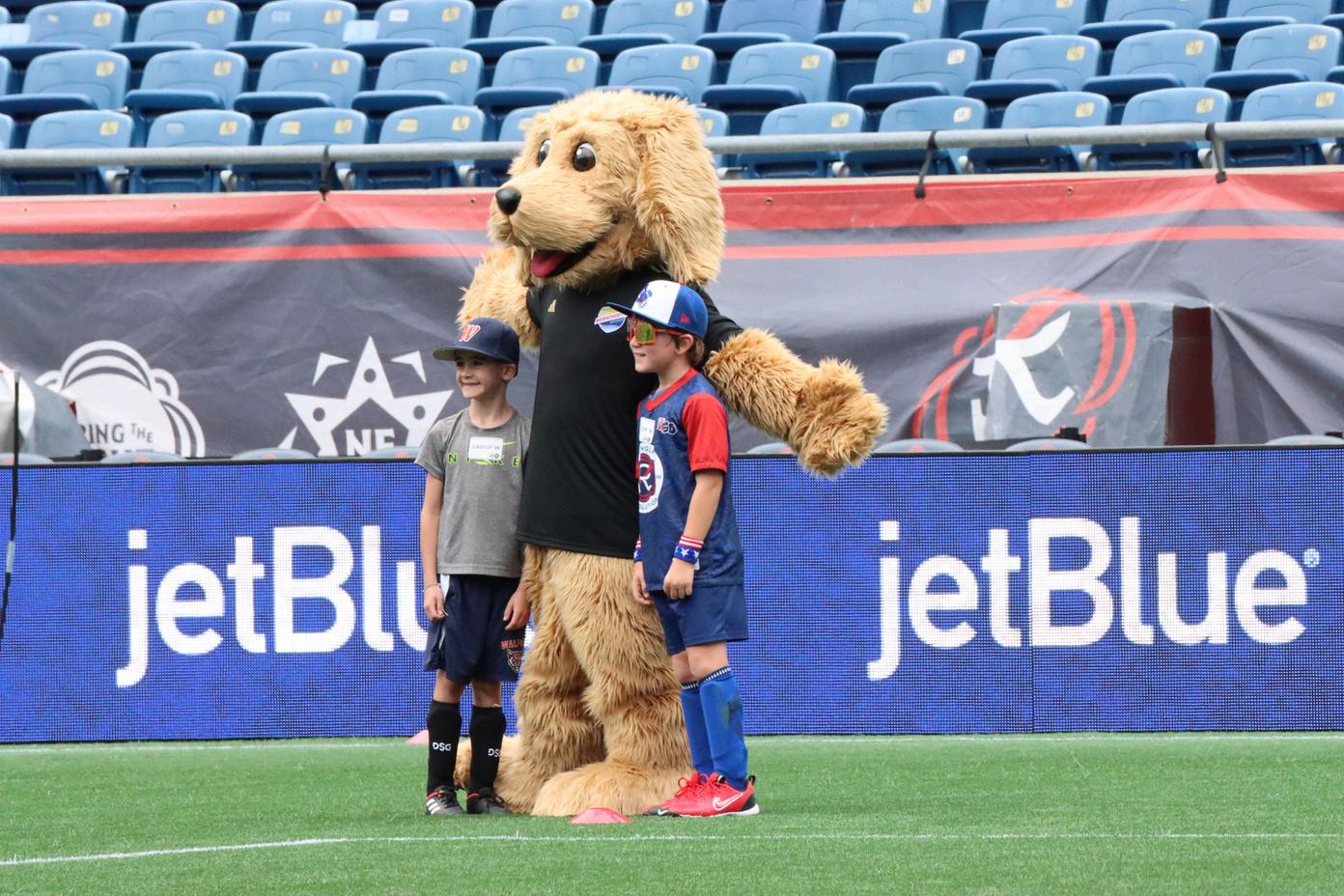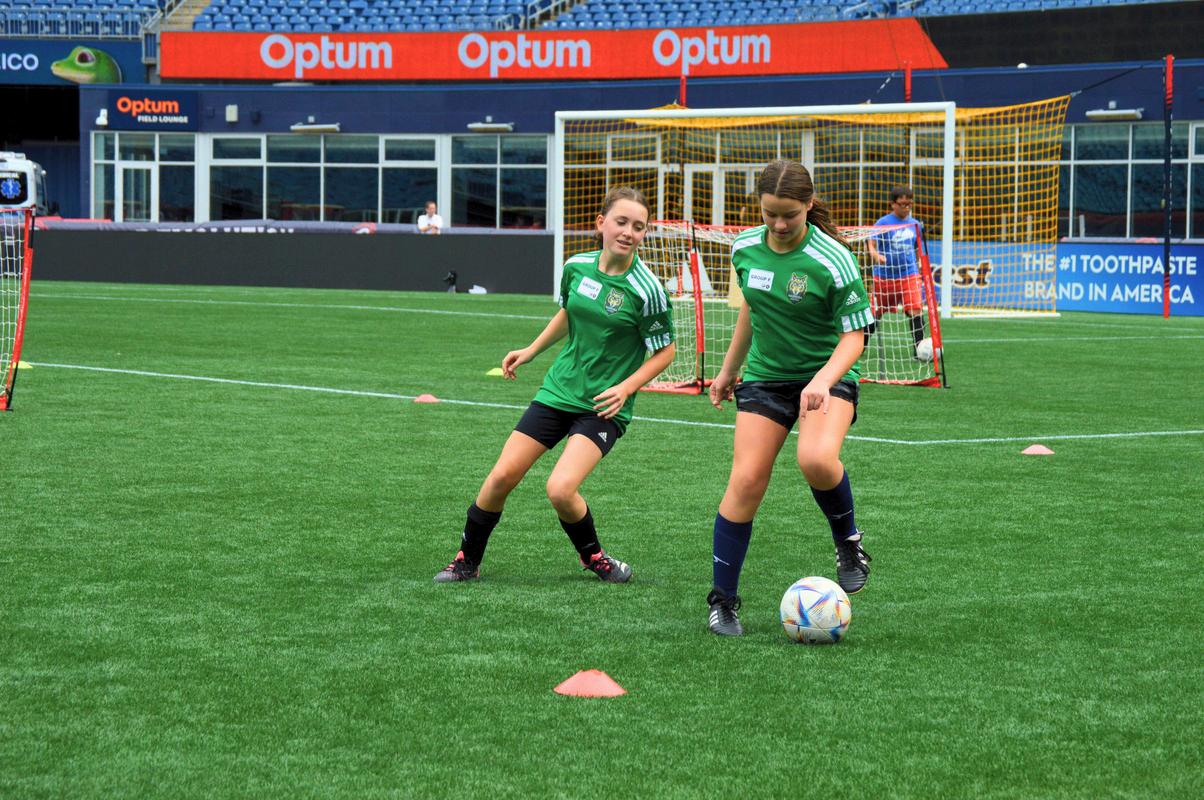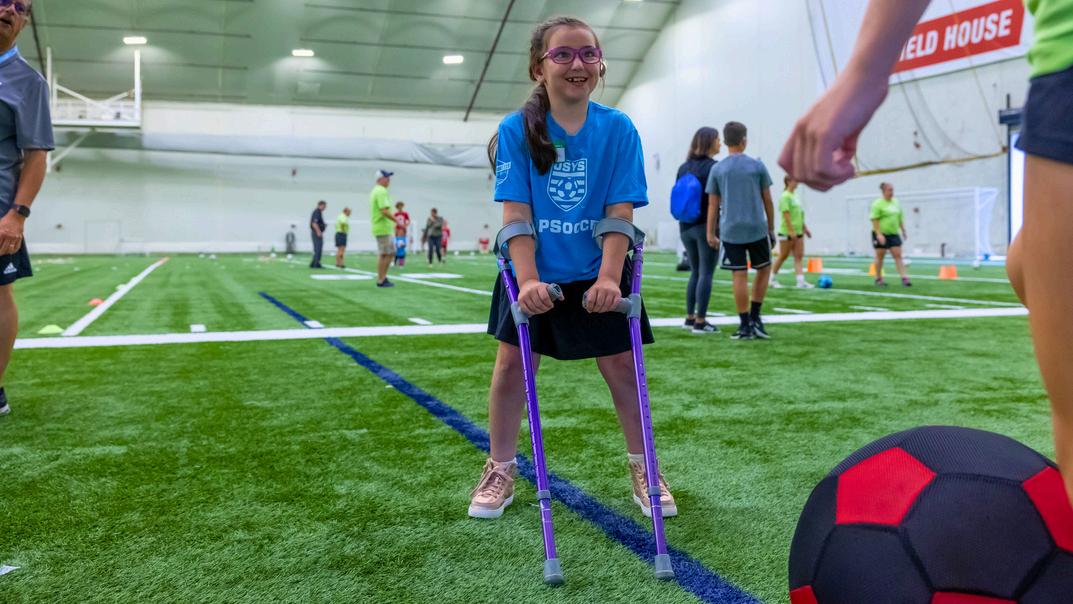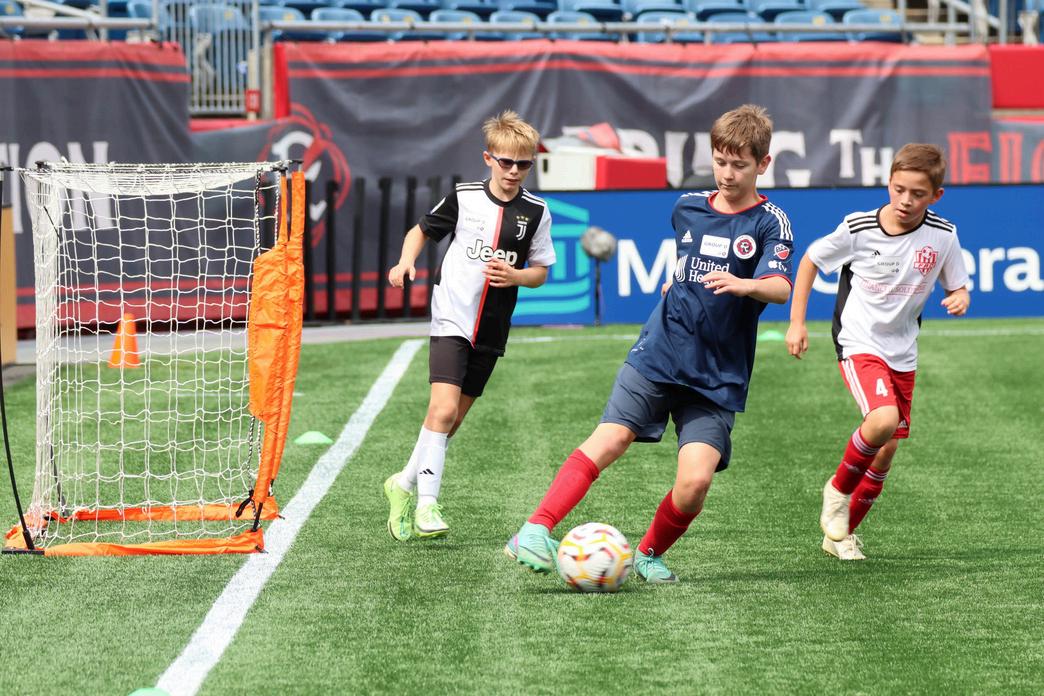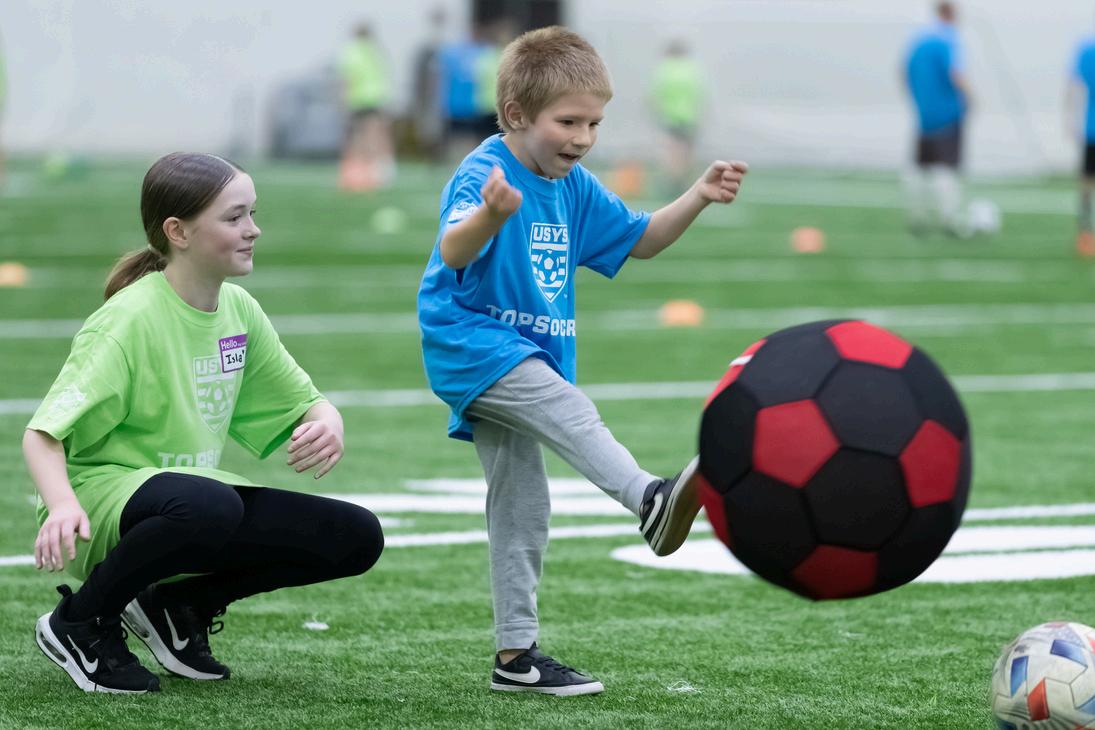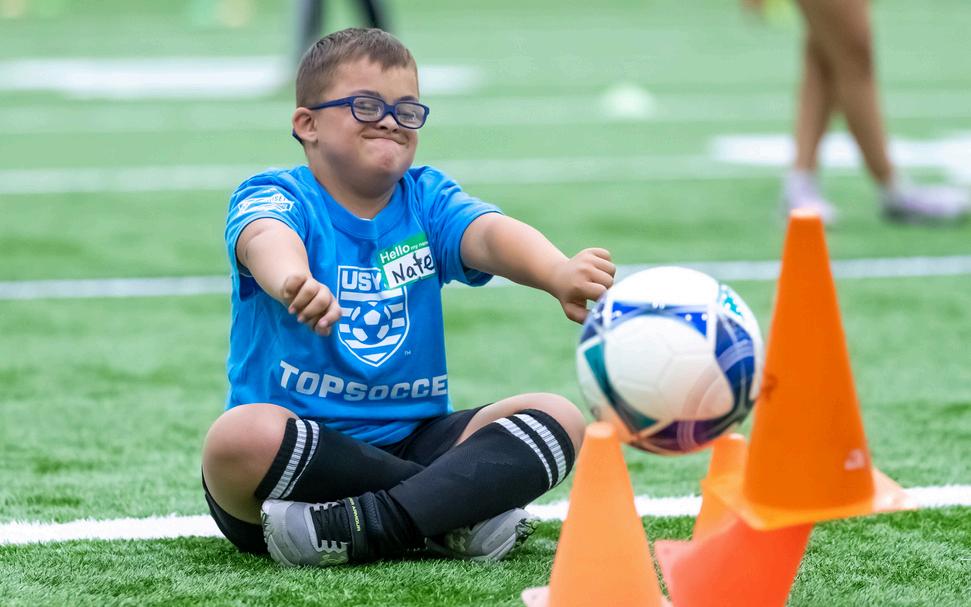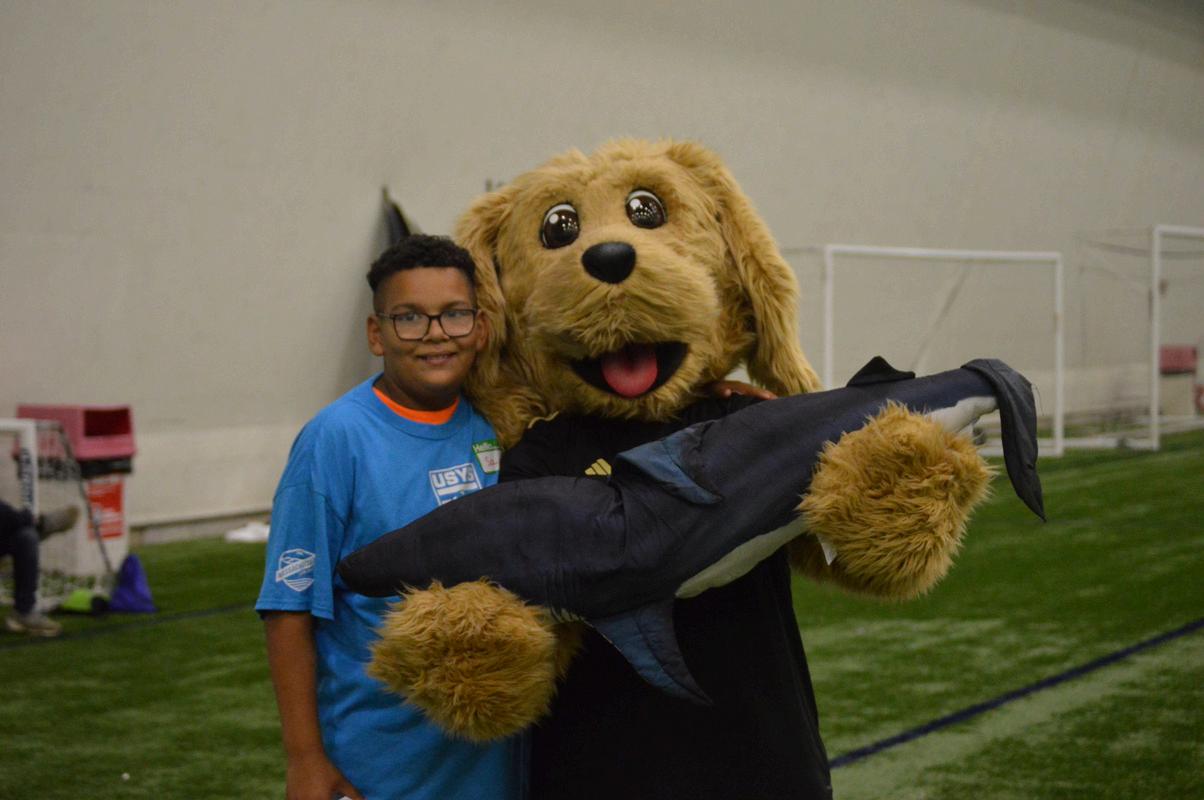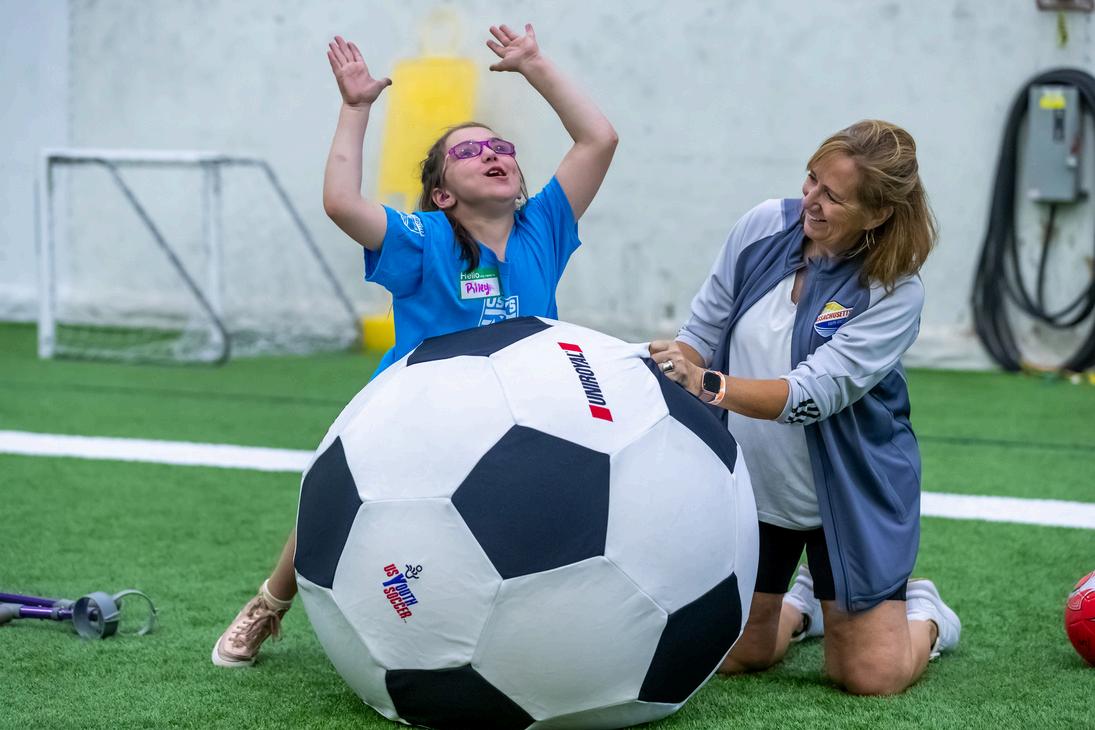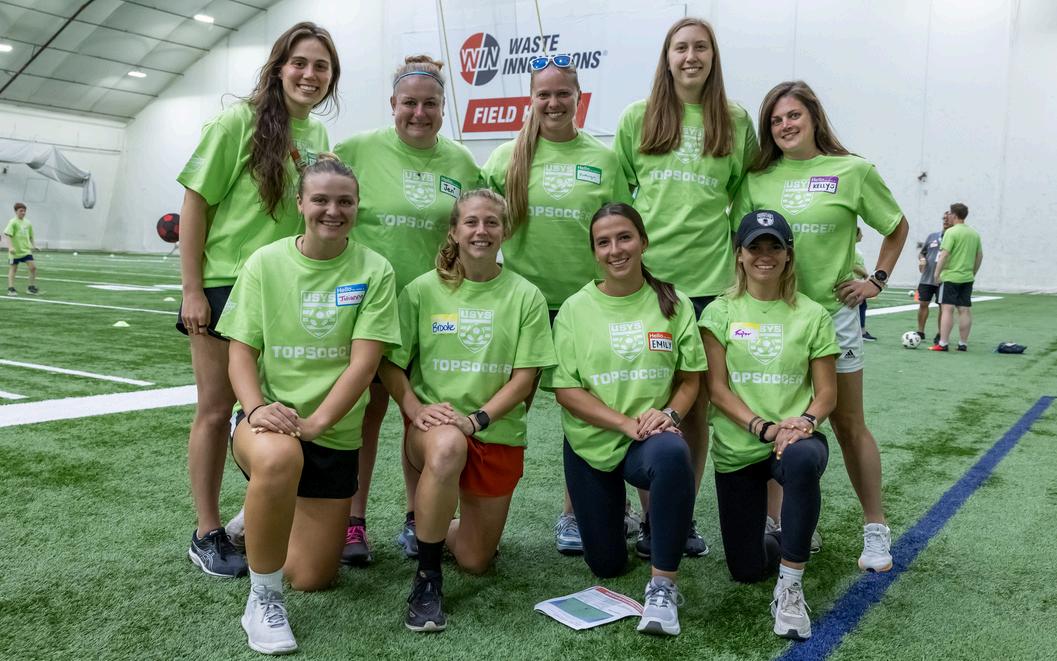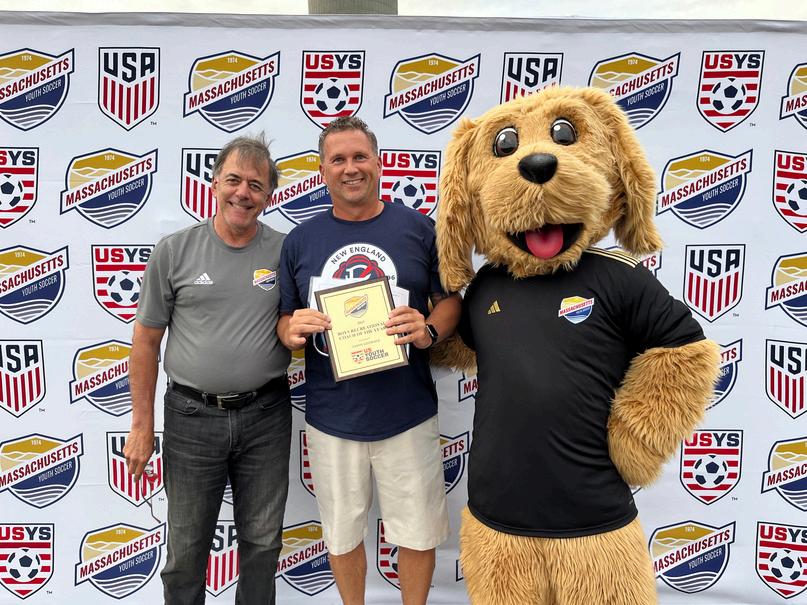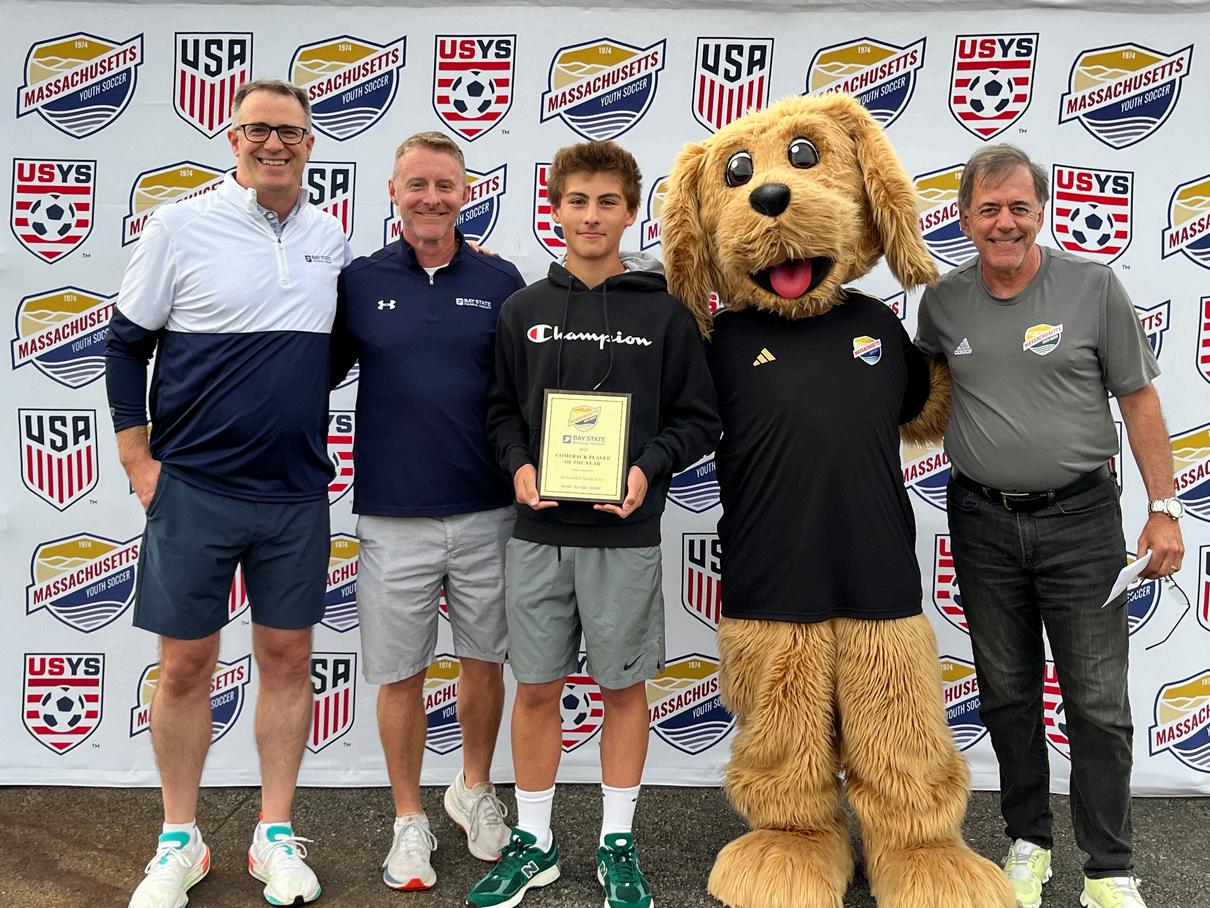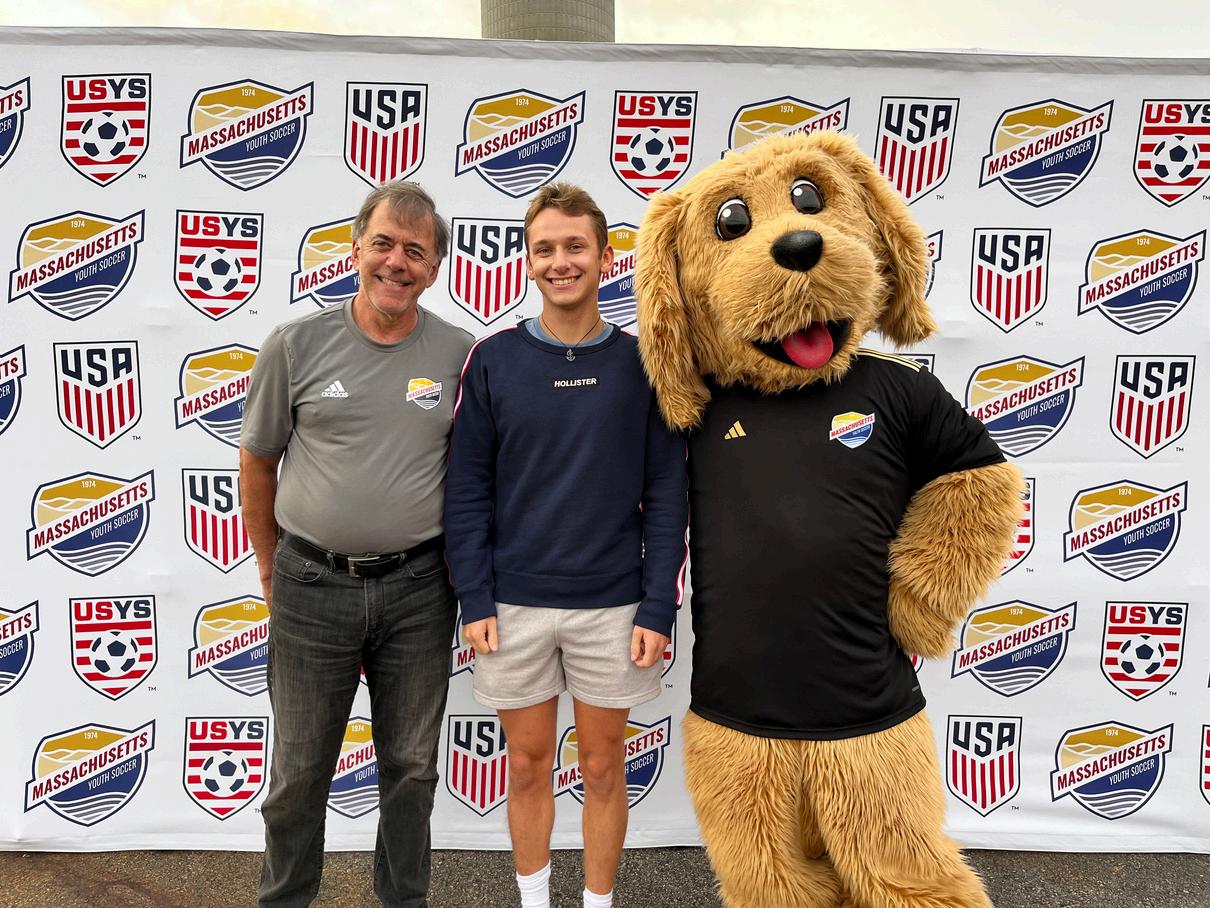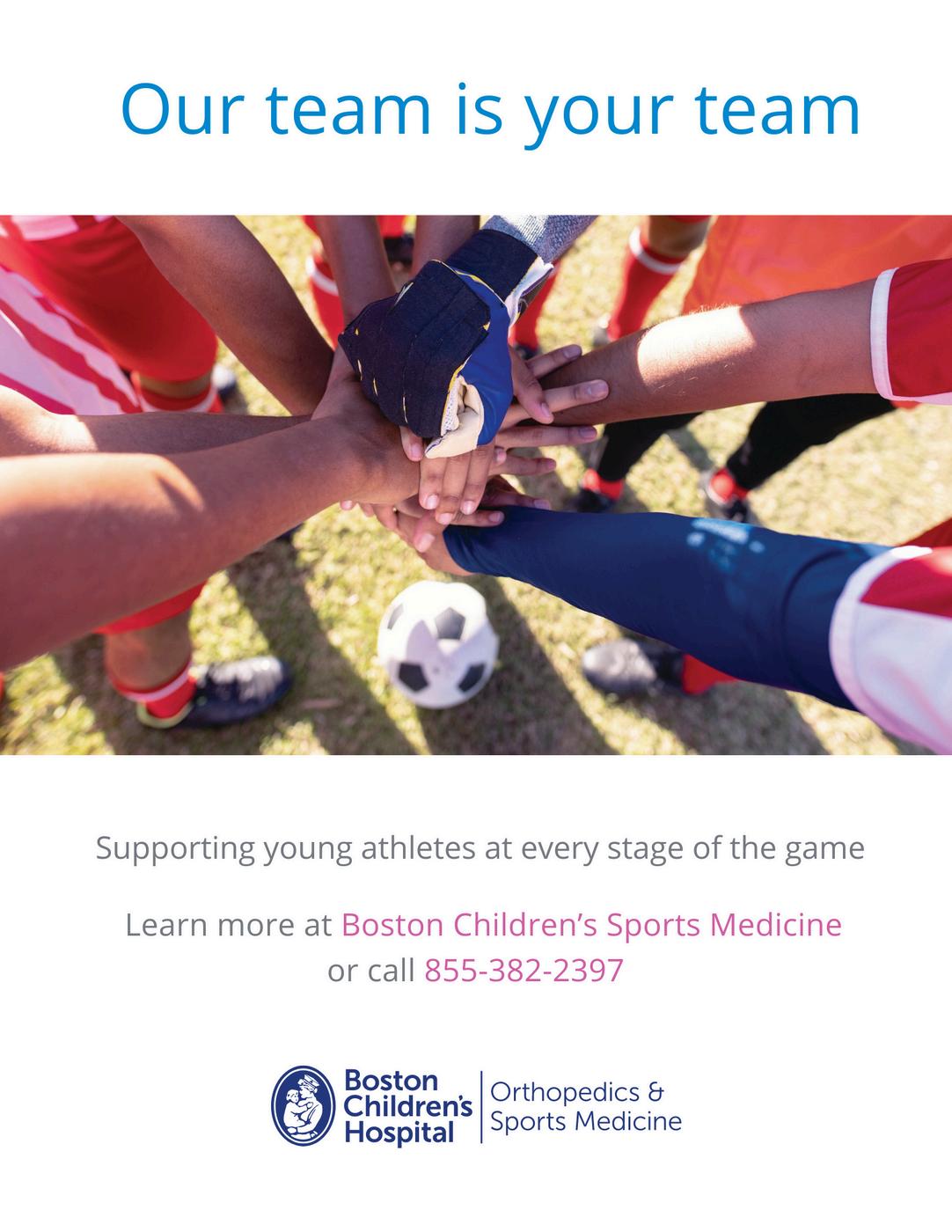Final Score Magazine





Where Every Experience Tells a Story



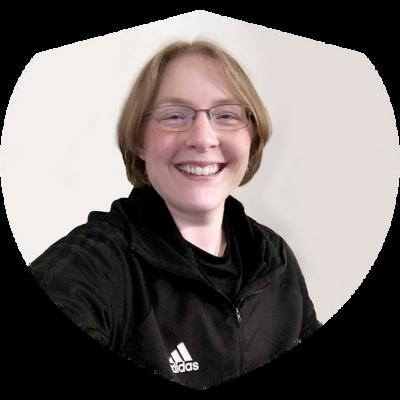
1. What inspired you to start coaching, and how did you become involved with the Olympic Development Program?
I played soccer growing-up and have coached snowboarding since I was 14 so I've always been drawn to teaching/coaching in some aspect for a long time. After I graduated college, my two little cousins' town soccer club was looking for volunteer coaches and that fall, I ended up coaching Boys U8 and Girls U10 town soccer; thus beginning my soccer coaching journey.
Our town offered coaching license courses paid for by the club and I jumped at the opportunity to be a better coach My first license was a USSF "G" License run by former MYSA Assistant Technical Director and ODP Coach Loy Urbina almost 10 years ago In 2018 after I completed my "D" license, I was approached by the ODP to see if I would be interested in joining the coaching staff as an assistant coach for the Girls U13 team I was extremely excited for the opportunity to work with high-level players and to also work with other coaches who share the same mindset/philosophy. I've been coaching ODP ever-since and am now the head coach of the Girls U12 team.
2. What is your coaching philosophy, and how do you apply it when working with players in the ODP?
The purpose of a coach is to create a safe, supportive, and challenging environment for players so that they have the opportunity to learn, develop, and have fun
Coaching is player-centric, not coach-centric The coach is to be a resource for a player and help the player achieve the highest level of play that player desires It is the players on the field that actually play the game so they are the ones who need to make the decisions The job of the coach is to help them learn what those decisions are, build a positive team dynamic (leading by example), and set the team up for success as best they can so the players have the ability to make those decisions under the pressure of competition.
In the ODP, we are working with a highly skilled group of players who all have a solid grasp of the technical fundamentals. However, a lot of players that we see come through (especially those new to the ODP) have mainly had coaches who treat youth soccer like a video game; telling players when and where to do things. Because of this, the players have the technical ability to do many different things, but they lack the ability to effectively apply it in a game. My main focus for my ODP players is to help them understand how to better read the game and the cues it gives so they can make their own decisions on the field When they are playing, I'm not giving directions; just encouragement We'll have a quick chat as a group during a pause or on the sidelines if coaches need to share information with players, but they need to be given the space to make mistakes and think on their own
3. Can you share a memorable moment from your time coaching in the ODP?
It's truly hard to pin one moment down, but I really like the East Region Tournament in general. Every year it amazes me to see how far the players have come over the 5 months we've been working with them. The best moment is when you see a handful of consistent, but quiet players really come out of their shell during the tournament and put in some really impressive performances
4. What do you find most rewarding and most challenging about coaching in the ODP?
Honestly, the most rewarding thing is just being remembered by former players Since I coach the U12 Girls (and formerly U13 Girls), I am one of the first of many coaches they interact with within the ODP and just one of many more coaches they will have in their soccer careers I think any coach just wants to make a positive impact on a player, but at the end of the day, you don't know for sure You put your best effort out there and hope that it's helped them in some way So when former players are excited to see you as everyone's walking to the fields, or at tournaments, or at tryouts in the following years, it means a lot, especially when it's been years since you've coached them.
The most challenging aspects of coaching in the ODP are two-fold. 1) Coaches coach the age-group not the birth year so we only have a group of players for one season and then they move on to another set of coaches. This is done so that players get to experience and learn from different coaching styles and different approaches to the game, but it's still tough to say goodbye to a team that you've worked with over the last 5 months.
2) We only meet once every-other week While this helps keep session attendance high with players often having to juggle multiple team commitments during the winter and spring, it takes a more concentrated effort by the coaches to learn names and build a training environment dynamic This is especially true if you have a large training pool For example, those things are much easier to do (and happen much faster) with my high school team who I see for two hours, Monday-Friday in the Fall Learning the names and faces of 30-50 ODP players in a 90 min session or two is no easy task


5. How do you stay connected with and support your players beyond their time in the ODP?
Since I work with the younger girls (U12s and formerly U13s), my supporting role with players beyond ODP is a bit different than, let's say a U17 coach At this age, I am interacting with parents via email and only interacting with players on the field All of my ODP players are still in middle school or junior high, so if anything, they would be looking at what high school they are going to vs college. I do make sure that the parents have my contact info if they have any questions in the future, and while I can't recommend specific schools, programs, or clubs, I can highlight what kind of training environment they should be looking for that would work best for their player. I'm always happy to chat about and give feedback to players and parents to help set them up for success in the future.
To learn more about the Massachusetts Olympic Development Program, please visit our website at www.mayouthsoccer.org.
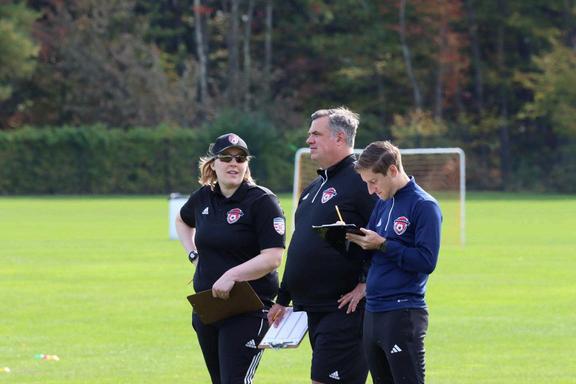



Like it or not, sometimes you miss a shot, pass to an opponent, or lose the game outright. No matter how hard you train, bad days are part of being an athlete.
They may feel rotten, but bad days are valuable says Boston Children’s mental skills specialist Kelsey Griffith. “When it comes to improving athletic performance, failure is fuel.”
While good days can boost an athlete’s confidence, bad days can motivate them to work on their skills.
The trick is being able to look back on a disappointing game without feeling like a failure as a person.
On Boston Children’s Answers, Griffith and sports psychologist Miriam Rowan share tips for coping with bad days.
Tips for athletes
DO analyze what went wrong and make a plan for improvement. DON’T take loss as a reflection of your value as a person.
Tips for parents
DO give your athlete a chance to feel their feelings. DON’T try to problem solve it could make your child feel worse.
Learn more about the Sports Medicine Division or book an appointment.

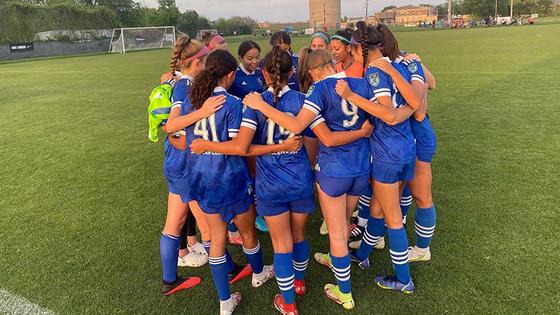
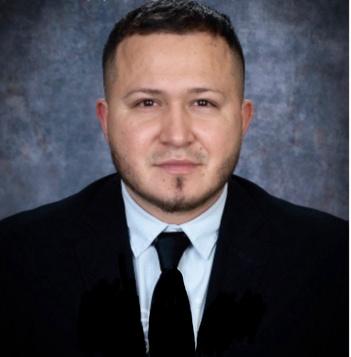
Having been born in Guatemala and living in a Guatemalan household, soccer has always been an important part of my life. Soccer is like a way of life for me. I always look forward to going to the stadium to watch the Guatemalan national team play or to sit down in my living room and watch Real Madrid on tv. I decided to become a referee because I love the game and I know that referees play a vital role in providing a fun and safe playing environment for players. After 12 years of refereeing, I know I made the right decision to become part of the game on the officiating side.
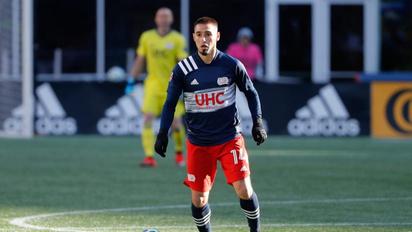
Diego Fagundez
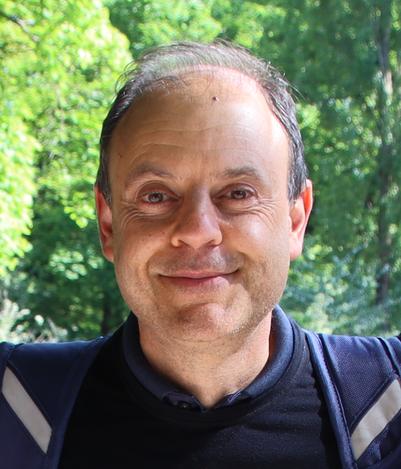
Born in Brazil, a country that breathes soccer, I was immersed in the sport from a young age. Soccer is not just a game in Brazil; it is a way of living, a passion that unites people from all walks of life. Soccer was so deeply rooted in me that, growing up, I refused to wear any clothes with the colors of our rival team. This love for soccer has shaped my identity, fueled my enthusiasm for the sport, and got me many friends on the way making it an integral part of my life.
Diego was born in Montevideo, Uruguay and moved to Leominster, Massachusetts when he was five years old. After moving to Lemonister he began playing for Leominster Youth Soccer. He also played for other teams in Massachusetts including FC United and the Boston Bolts, who he won the State Cup with in 2008 and 2009. He also played for the Massachusetts Olympic Development Program from 2006 to 2009, serving as captain from 2008 to 2009. He joined the New England Revolution Academy in 2009 and during his debut season his team finished first in the Northeast Division of the U.S. Soccer Development Academy, where he scored 20 goals that season.
In 2010, Diego signed a first-team contract with the Revolution and became the first ever homegrown player the Revolution signed. Diego became the youngest player in MLS history to reach 100 appearances for a club in 2015. Diego left the Revolution in 2020, after making 261 appearances for the club and scoring 53 goals.

My way of celebrating Hispanic Heritage Month is more discreet; I gather with my family at home, and we have a barbecue, or sometimes we go to a restaurant. During this month, I try to share more about our history and culture with everyone, emphasizing the importance of cultural diversity and its significance for the country's growth. I am always grateful for the opportunities and people in this country who have helped me along my journey.
Additionally, I take this time to reflect on the contributions of Hispanic individuals to various fields, from art and music to science and politics. Our gatherings often include storytelling sessions where we share anecdotes about our ancestors and their journeys, keeping their memories and lessons alive for future generations. We also enjoy traditional music and dances, reminding us of the vibrant heritage that shapes our identity.
In these moments, I feel a deep connection to my roots and a renewed sense of pride in our cultural heritage. The barbecue is not just a meal; it’s a celebration of unity, resilience, and the rich tapestry of experiences that define us. Sometimes, we invite friends and neighbors to join us, using the occasion to foster a greater understanding and appreciation of Hispanic culture in our community.
Celebrating Hispanic Heritage Month this way allows us to create a space where we can express our gratitude and recognize the impact of Hispanic contributions to society. It's a time to acknowledge the struggles and achievements of those who came before us and to inspire the younger generation to carry forward the legacy of our heritage. Through these intimate celebrations, we honor our past, cherish our present, and look forward to a future where cultural diversity continues to be a source of strength and inspiration for everyone.
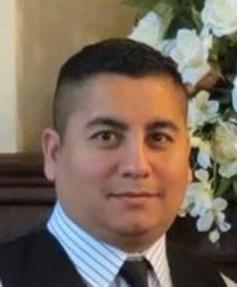
Ronald Rodgriguez
As part of the Hispanic community, the meaning of soccer is a big part of our society. Growing up, it seemed it was the only sport anyone ever cared or talked about, and it had a big meaning to everyone around me. It brought people of all ages and backgrounds together. I grew up in Dallas, TX where there was a large Hispanic community in my neighborhood. Even though the soccer games were typically an hour and a half, we would spend almost the whole day together. Families would gather before and after to celebrate each other and discuss the players, teams, and everything in between. It created a sense of belonging and an outlet for kids to stay active.
As an adult with children, soccer was something I wanted to share with them. When I enrolled my oldest daughter, there were no volunteers to coach her team which in turn started my lifelong involvement with my city league. I’ve worn many hats, coach, board member, referee, and sometimes field maintenance as well as everything in between. In all these years, I’ve watched many kids, parents and volunteers benefit from our city program as I have. It has brought me a sense of fulfillment and connection to this community that I needed when I moved to MA.
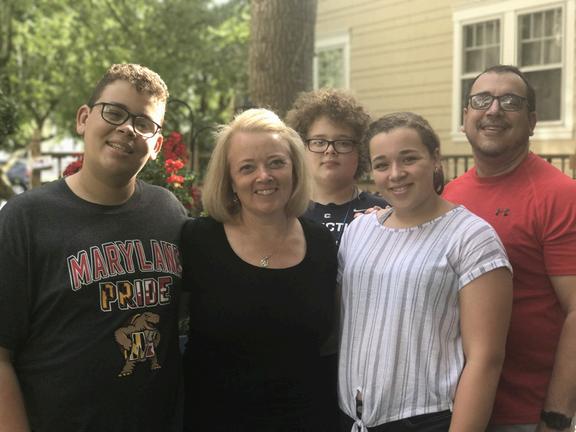
My fondest memories growing up and as an adult are from my family's annual father's day pig roast. We would gather at my Uncle's house - he had built a pit in his backyard. The Dad's would set up the Pit, prepare the pig for roasting and take turns turning the pit. One year my dad put a steering wheel on it and they got a comfy chair. The other dads would sit around playing Dominos and drinking beer and telling tall tales of their youth. The Mom's would prepare the rest of the meal and be talking about a bunch of topics from the Kids to the latest news. The kids would run around the neighborhood and play games like Hide and Seek or Tag. Since I am from GenX we were allowed to roam the entire neighborhood for most of the day. The kids from all over the neighborhood would join in and we would go until dinner was called or we needed a snack. Any kids that were with us would join the feast and we would sit around a bunch of tables listening to the adults talk about what it was like when they were kids. As I grew older, it was a special thing to be able to play at the Domino's table and if by chance you were able to beat the other team of adults, you would be heralded by all that were there. These are some of my fondest memories of family, learning about my culture and my history. I learned alot about who I was and what was expected of me. The tradition continued for a long time into my adulthood.
The other memories that I treasure are of being a little kid during the holidays and having a "Paranda" stop by. It is a version of caroling where a small group of musicians and singers would show up at your door singing - they would come in and you would bring out drinks and make some snacks for everyone. They were not calm, traditional songs but raucous songs with guitars and all kinds of instruments and singing. Then they would all get dressed and go to the next house. The last house always went late into the night with a large batch of soup so everyone could settle down. I remember falling asleep to holiday music. That was something I only really experienced as a kid.
I think the last big thing where I truly felt connected to my roots was when I went to my Grandmother's funeral. I know, it's strange that a funeral is a fond memory. It was a multi-day affair in Puerto Rico with relatives coming in from everywhere. I got to sit and talk to all the elders. I learned a lot about my family's history and the generations before me. I w everyone and share a little piece of that history with her.
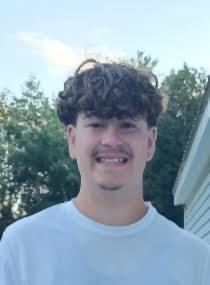
My Hispanic heritage influenced my involvement with soccer because my father came from Guatemala where he had barely enough money to eat, never mind to do anything else so when he wasn't in school he played soccer. He played every day after school until it was time to go home to eat dinner. He was amazing at it too, so I wanted to be just like him. He signed me up to play soccer when I was just 5 years old. He and my mother never missed a game. Always there to cheer me on, win or lose and they were always so proud of me. I still currently play for my Varsity high school team as well. I couldn't wait until I was old enough to sign up to ref soccer and here I am now. My second year and I love it more than anything in this world.

Congratulations to our amazing Massachusetts Olympic Development Program players who have earned their spot on the US Youth Soccer East Region Team for interregional competition.
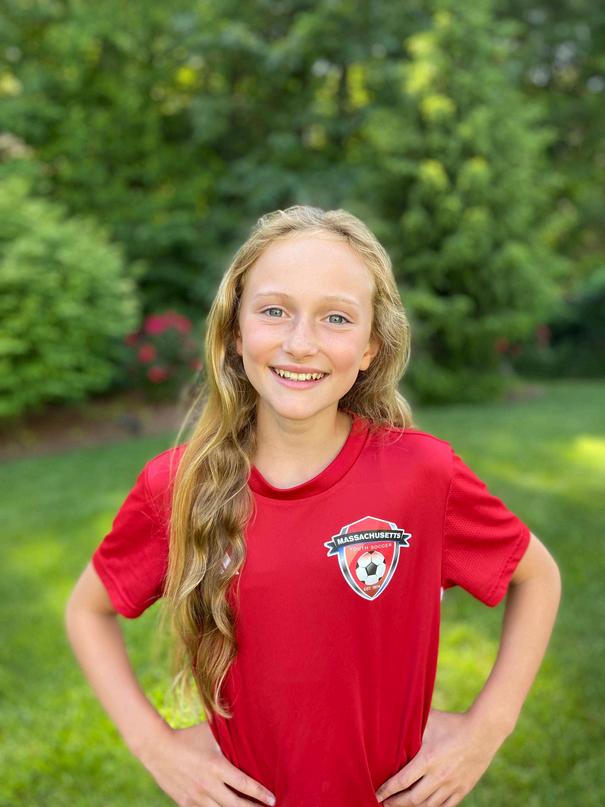

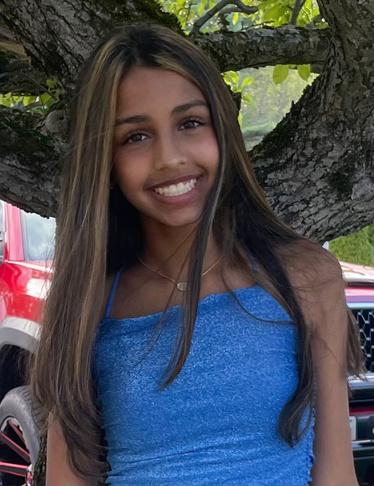
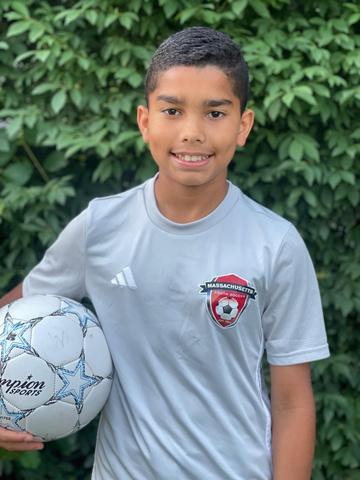

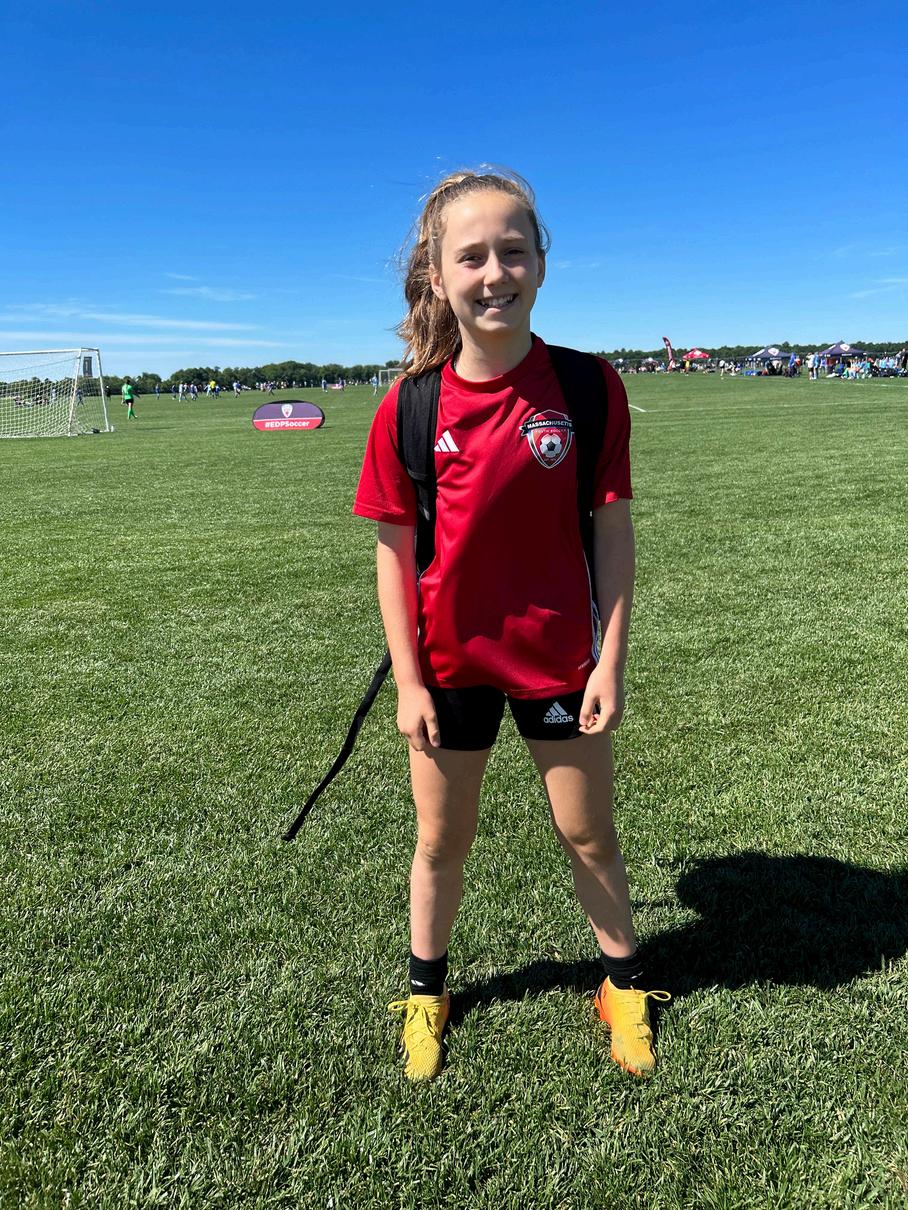
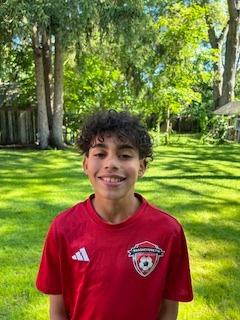
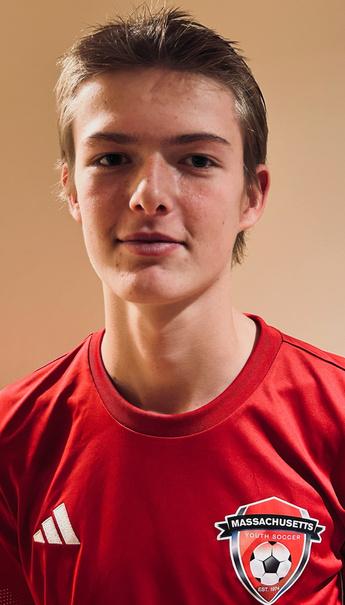


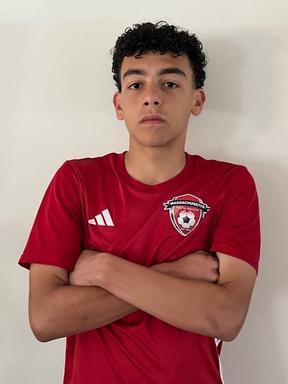
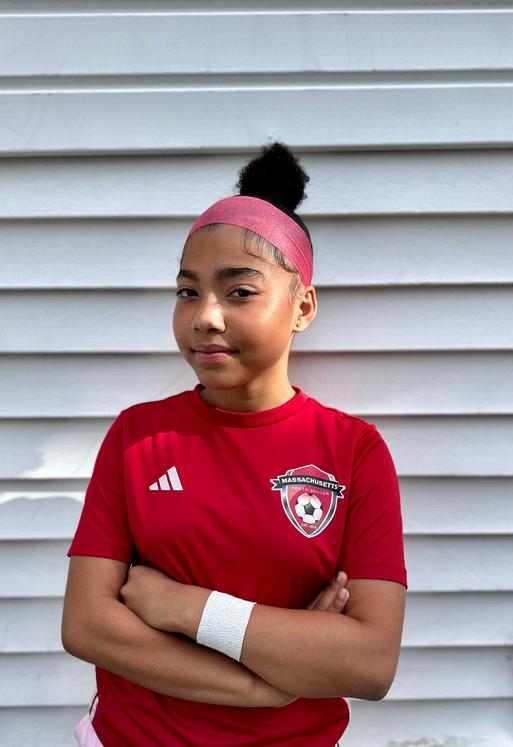

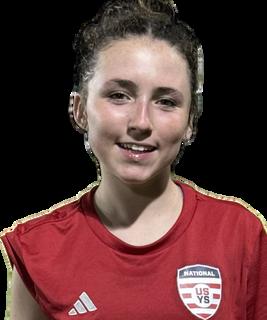



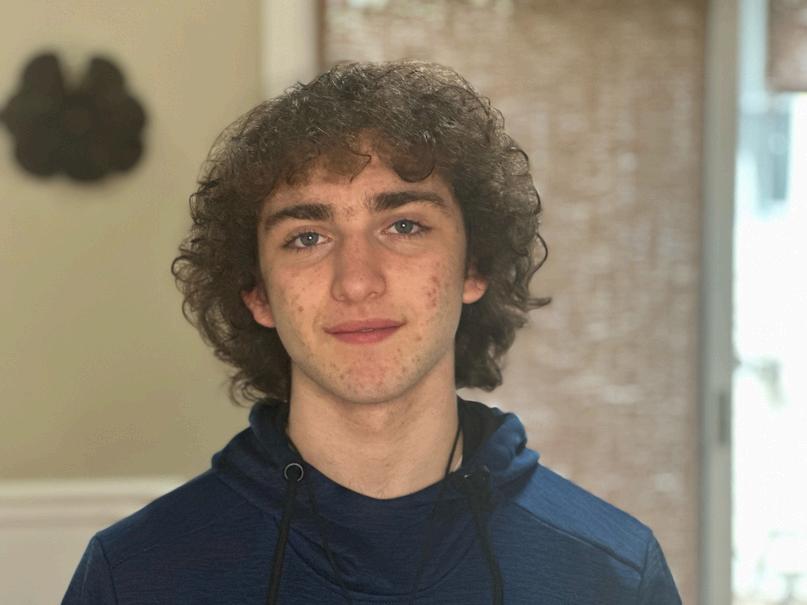
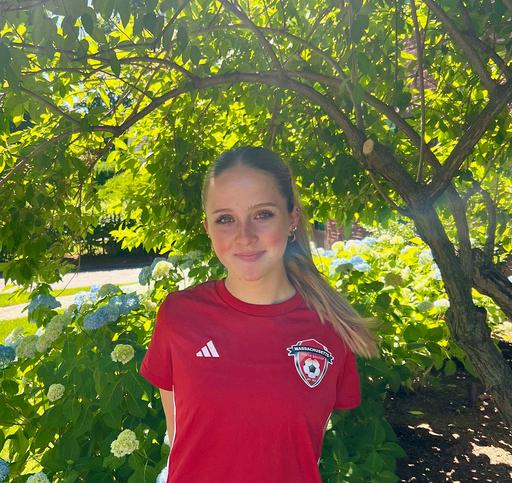
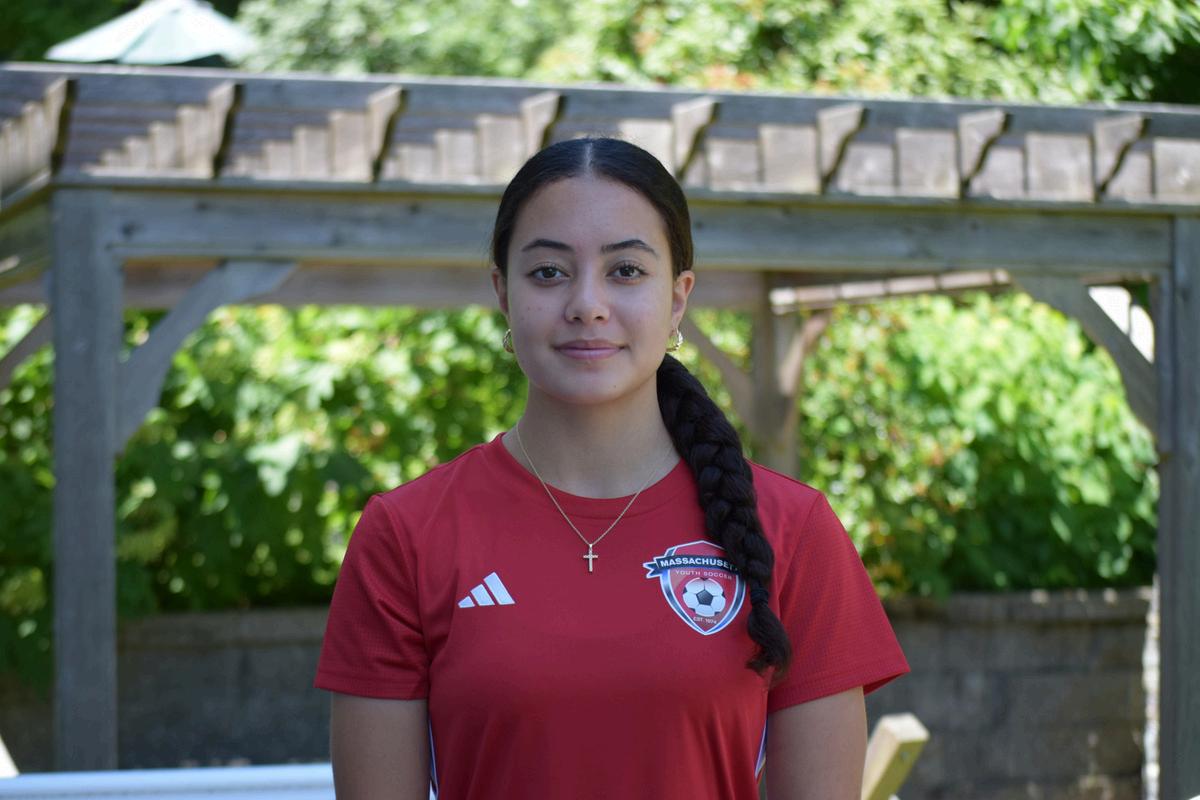


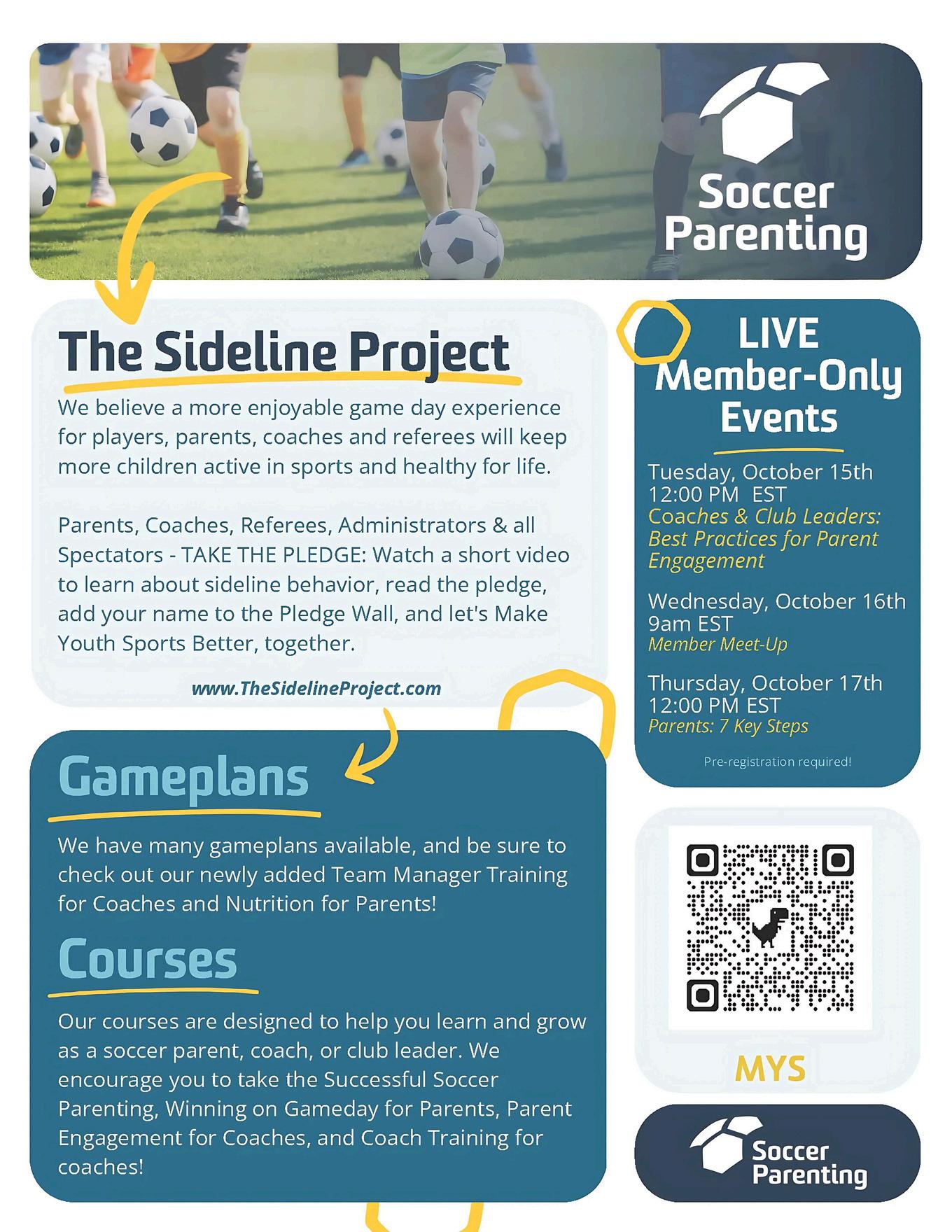
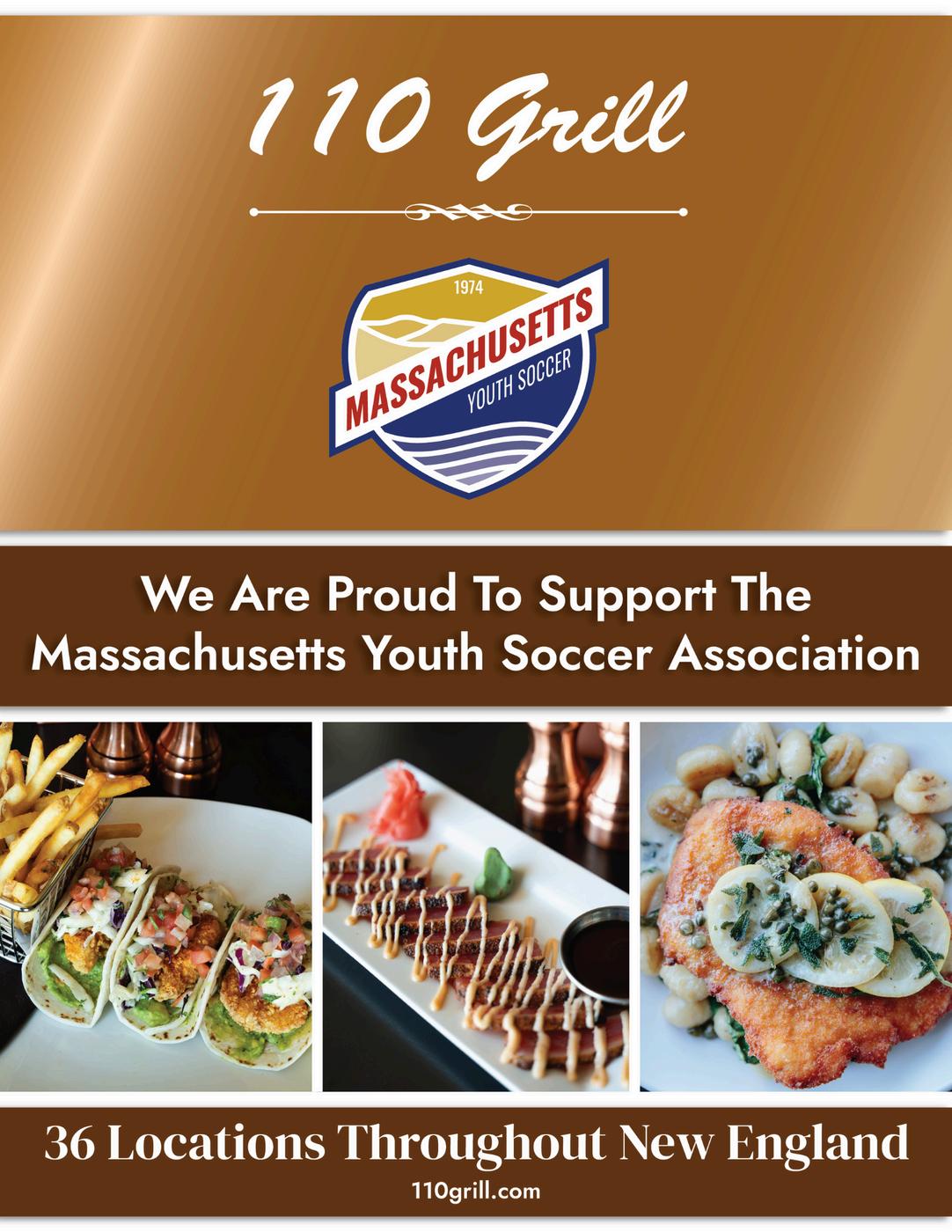

Can you tell us a little about your journey into coaching and what inspired you to become involved with the Town Select League?
My coaching journey began when my oldest son Miles started kicking a ball with deliberate intent and asking deeper questions about how to play the game properly. By 3rd grade, he was hooked! He expressed an interest in playing more organized soccer but at the time, we didn't know very much about how the club system in Massachusetts works, so we signed him up to play in a winter futsal league However, at his first game, we saw a bunch of kids and parents we knew from our town who had formed their own team but there weren't any more spots available when I asked if he could switch teams to play with his friends. I think he felt that he wasn't perceived as being good enough to "make" the team -- that ride home was one of the most difficult conversations I have had with him
We learned about TSL while we were researching clubs that would provide a good environment for Miles to learn and be challenged in a positive environment. The tryout was a positive experience -- full disclosure, I was probably more excited about him making a roster than he was
At the first TSL practice, I was super impressed by Coach Jeba's temperament and demeanor As the season went on, the boys improved astronomically but Jeba always seemed to be spread very thin trying to wrangle a bunch of excited 3rd graders. Once I got my confidence up, I applied for a coaching position with the specific intention of just helping him keep the boys more focused, but it turns out TSL also develops coaches as well as players!
With Jeba's guidance and the support of the TSL coaching family, I've been able to grow as a parent as well as a coach. all the while enjoying the journey with my children and their teammates
What is your coaching philosophy, and how do you aim to develop young athletes both on and off the field?
We strive to build children who can advocate for their development, play the game with passion, energy and respect; be good teammates, establish and nurture a positive team culture, and approach every situation with a team-first mentality. We practice like we will play in a game. We are focused, disciplined, and pay attention to details We accept losing when the opponent is of higher quality, but we will never accept losing because we were outworked or allowed external pressures to dictate our game. We learn from our mistakes (and we don't repeat them). We are respectful to the referees, opposition, and our supporters.
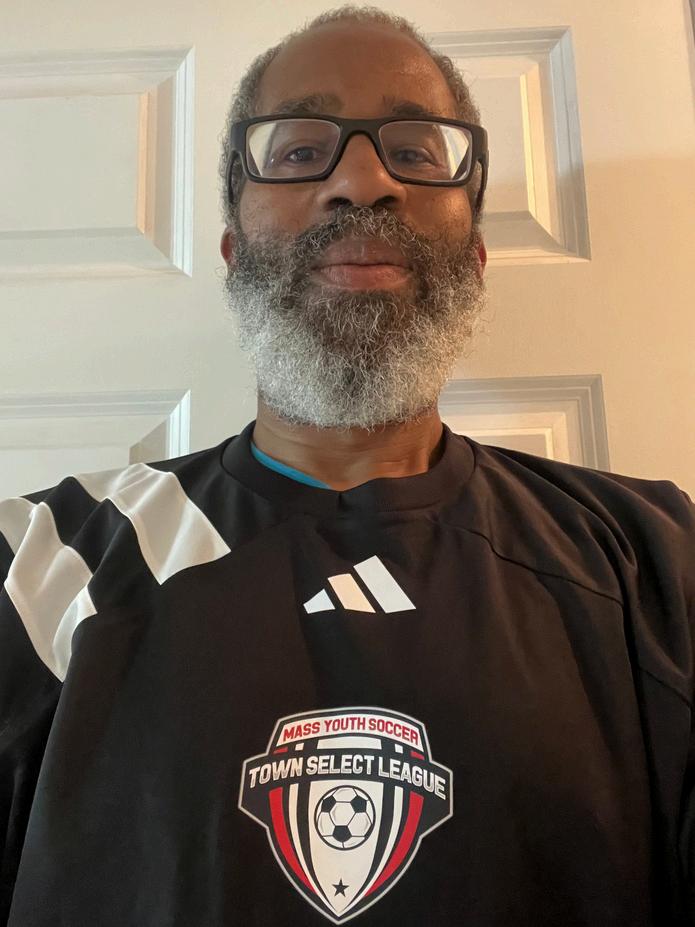
What has been the most rewarding experience for you as a coach in the Town Select League?
Watching my children and their friends mature into productive young men and women has been incredibly fulfilling. I'm proud to say that the vast majority of my former TSL players are now contributing to their high school programs, running cross country, and playing other sports including basketball, football, and volleyball.Jeba and I have also been fortunate to have coached players who have been selected for the District Select and Olympic Development Programs.
What I like the most is running into former TSL players and their families who stop me on the street (or at Foxborough, Fenway Park, orBoston Garden) to tell me how much they have grown and introduce me to their younger siblings with "this is the guy you want to play for next season." I know now what teachers feel when they run into students a few years later!
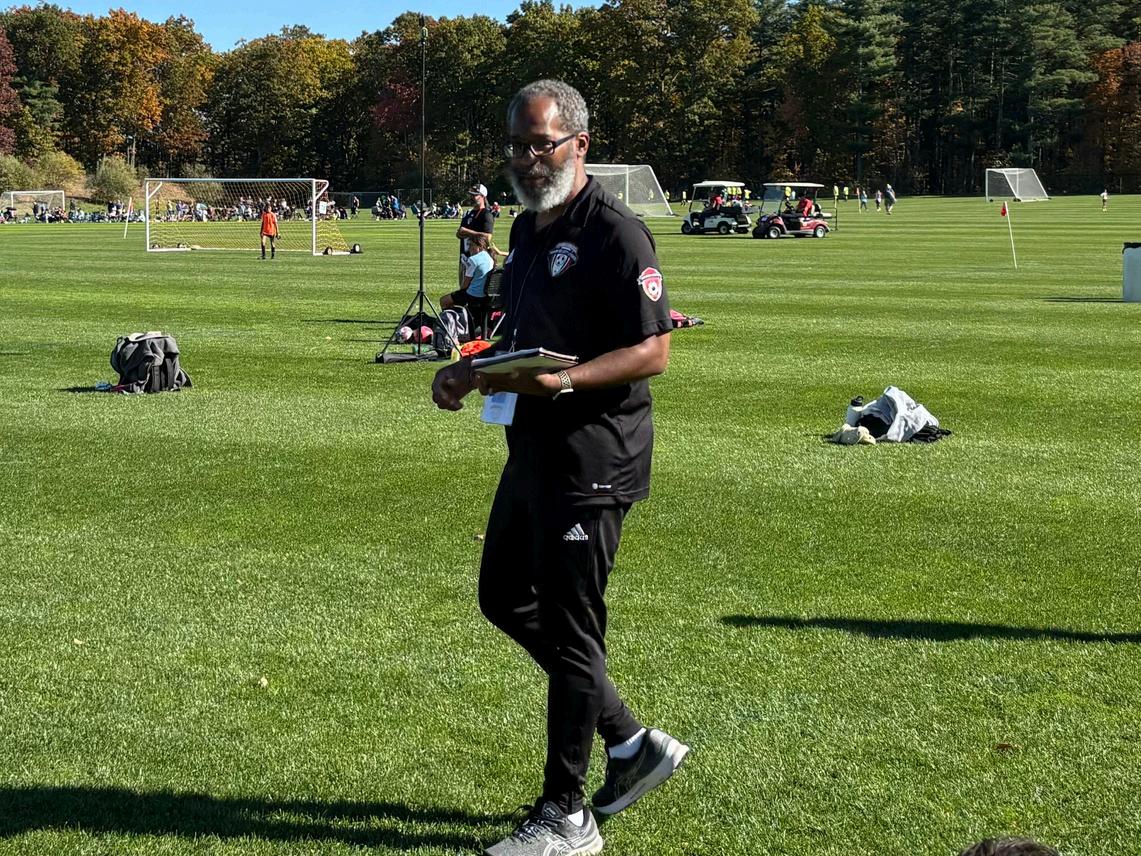
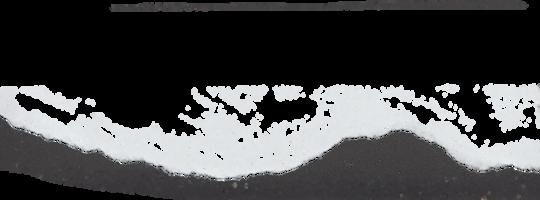
Outside of soccer, what are some of your hobbies or interests?
I don't have a ton of spare time with 4 children and a pretty intense day job but I do find time to cook, read, run ("Soccer is more fun if you can run!"), bike, play the occasional video game, and play dance music on vinyl.
To learn more about the Massachusetts Town Select League, please visit our website at www.mayouthsoccer.org.
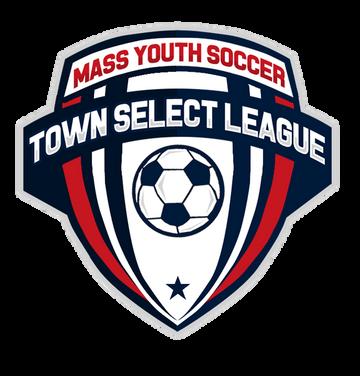
ostering teamwork and eam?
ldren opportunities to own TSL doesn't have "official" hildren to show leadership able Conversely, we teach lture, bullies, and ballhogs y cosplays, so I teach my and treat the referee like instead of whining and ed foul or slight that will atch.
s into leadership positions, ir teammates better instead why someone isn't doing I try to structure practices
ricks or triple assists And I ce cream at the end of the

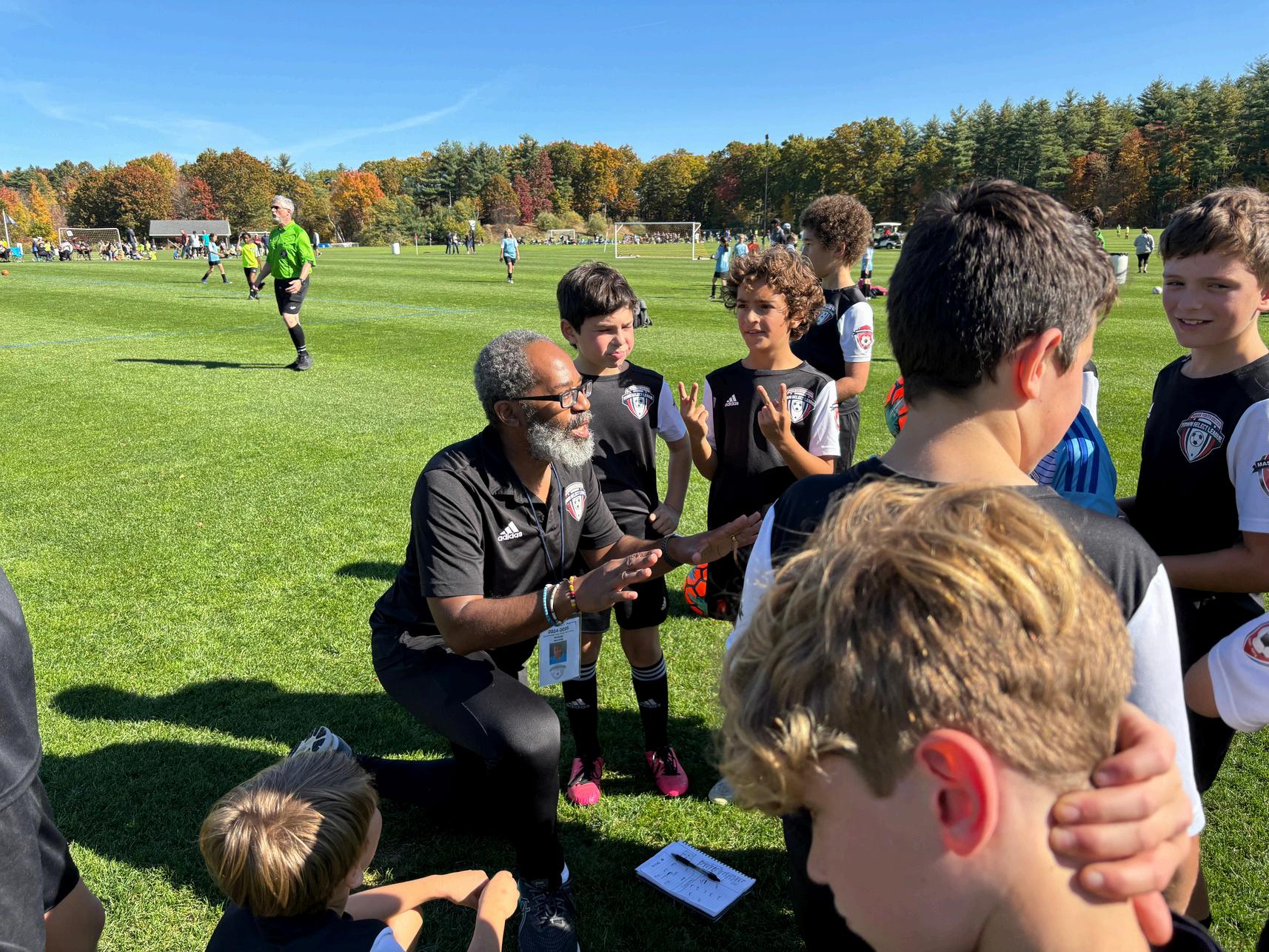

Come learn more about Hispanic Heritage Month and the Spanish American Center in Leominster with Neddy Latimer and Donata Martin.





